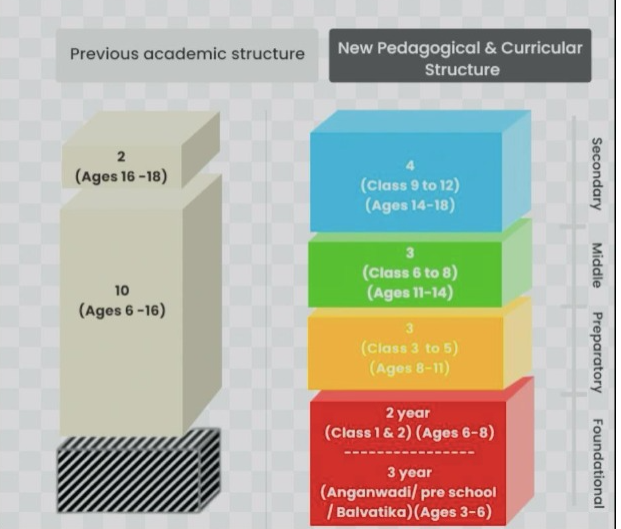INCLUSIVE EDUCATION at SPARSH
Inclusive education is more than a teaching approach - it’s a commitment to ensuring that every learner, regardless of background, ability, or disability, feels valued, supported, and empowered. By embracing diversity, inclusive classrooms break down barriers and challenge stereotypes, nurturing empathy and mutual respect among students. Such environments encourage active participation, boost academic achievement, and foster essential life skills like communication, teamwork, and conflict resolution. In today’s interconnected world, inclusive education not only benefits individual learners but also shapes compassionate, collaborative communities. It’s about creating schools where differences are celebrated and every student is given an equal opportunity to succeed.
In India, the National Education Policy (NEP) 2020 places inclusive education at the heart of educational reform. The National Education Policy (NEP),2020 marks a transformative step in India’s education system, aiming to make learning more inclusive, equitable, and holitic. One of its core priorities is inclusive education, ensuring that students from all backgrounds - regardless of their abilities or disabilities - have equal opportunities to learn and grow. NEP 2020 emphasizes removing barriers to learning, promoting diversity in classrooms, integrating flexible curricula, and providing adequate resources and teacher training to meet diverse needs. This progressive policy is complemented by the Right of Persons with Disabilities (RPWD) Act, 2016, which legally mandates schools to become more accessible and supportive for learners with varied requirements.
SPARSH has been dedicated to supporting children with special needs through strong collaborations with various organizations and institutions that specialize in providing therapies and interventions. Since 2008, SPARSH has partnered with renowned organizations such National Institution of Public Co-operation and Child Development (NIPCCD) , Astitva , Mind India and Prosesta , ensuring that children receive consistent and effective support. Educators and therapists from these organizations regularly visit SPARSH to work directly with the children, complementing the services they receive at their respective therapy or special education centers.
The primary aim of these collaborations is to create a seamless bridge between therapy centers and the school environment. This ensures that the practices, strategies, and interventions followed at the specialized centers are also implemented within the school, maintaining consistency in the child’s learning and developmental progress. By fostering a shared understanding among educators from both sides, SPARSH ensures that children benefit from a unified approach tailored to their unique needs.
Through this integrated model, SPARSH not only strengthens the learning experience for children with special needs but also promotes a culture of inclusivity, teamwork, and mutual learning among educators. This collaborative effort has been instrumental in helping children thrive academically, socially, and emotionally.
Additionally, Sparsh provides teacher training on inclusive education, equipping educators with strategies to address diverse learning needs, adapt curricula and assessments, and foster empathy in classrooms. This commitment ensures a welcoming and supportive environment where every student can thrive.
Let's break down barriers and build bridges of inclusivity. No child should be denied admission based on their abilities or background. Together, we can create a world where every child, regardless of their neurodiversity or socio-economic status, has access to quality education and opportunities. By working hand in hand, we can foster a culture of acceptance, empathy, and understanding. Let's empower our children to shine, and help them reach their full potential. Together, we can make a difference and create a brighter, more inclusive future for all








